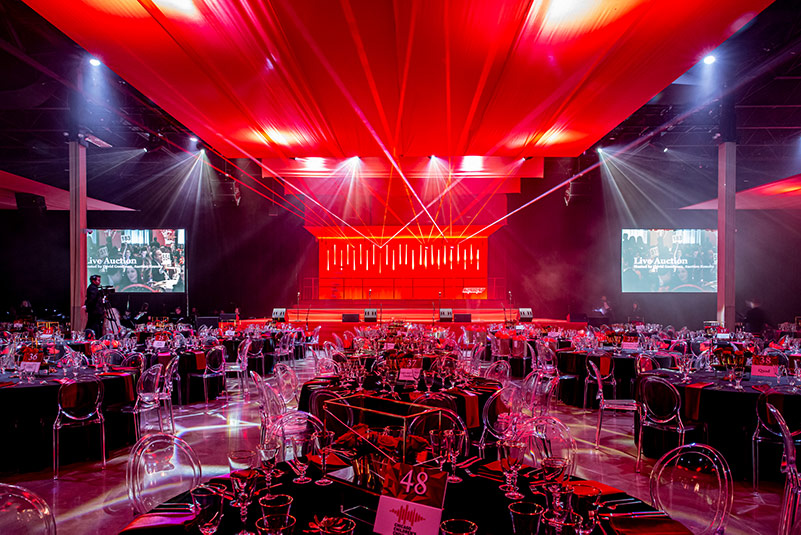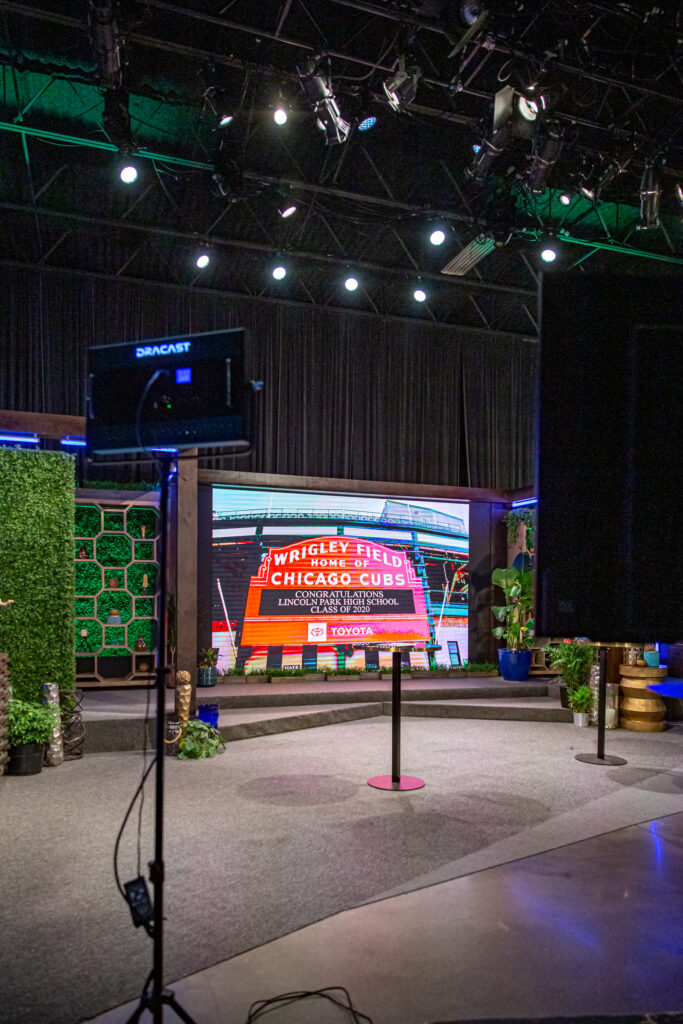Let’s not reinvent the wheel
Do people even like virtual events? If I host, will people attend? The idea of transitioning from in-person to a virtual platform can feel limiting and frustrating. They are an entirely new medium that has not been tested until this year. Or are they? 2020 may have brought a slew of changes, but social distancing did not create the virtual event. The first internationally available live virtual event went live on June 12, 1962. You read that right, in 1962 “the first live television signal was viewed in the United States, Canada, and across Europe. The signal was beamed around the world using the Telstar 1 satellite, which was the world’s first active communication satellite.” This broadcast was slated to include remarks from President John F Kennedy. However, due to his talk being delayed, a live baseball game between the Philadelphia Phillies and the Chicago Cubs was broadcast instead. Making this broadcast the first virtual event, and the first hybrid event.
You see, we are not reinventing the wheel when hosting events with attendees from around the globe. We have all been attending successful virtual and hybrid events our entire lives. From news programs and sporting events, to multiplayer video games and Facebook live-streams. Events in online settings are part of the fabric of our daily lives. If we pull inspiration from industries that have spent billions of dollars and decades of work perfecting the virtual event we can elevate our own events to new heights.
[glossary_exclude]We already love virtual events. They just might not go by that name.[/glossary_exclude]
Do you watch a news broadcast? How about the Academy Awards? American Idol? All exemplary virtual events that have been going on for decades. The key to creating successful events in today’s environment lies in learning what we can broadcast entertainment.
“Will people attend a virtual event?”
Some people tune in at a specific time each day to watch their favorite news program. But that is far from the only method available to watch that segment. News companies are aware that we lead busy lives, and so these companies publish the recording of their programs to their websites and social media. Many companies host audio only versions of their content on a branded app. People will attend our events if we make them accessible.
“How can guests engage with a virtual event?”
Live shows like American Idol or large award ceremonies have been improving audience engagement for years. They have become experts in gathering people together and connecting from a distance. American Idol utilizes a text-in voting feature to make viewers feel they have a hand in the show. It is not an afterthought, but an integral part of the show itself with real results.

In a different approach, the Tonys, Oscars, Academy Awards, and other major award shows create engagement in their audience. Friends and families gather to have watch parties. They place bets, play drinking games and engage via social media. Encouraging this behavior and creating ways to support it have kept people hooked on the event year after year. These are all ideas we can emulate to create the sense of community we seek in our events.
Sports are the gateway event for digital platforms
Sporting events are the most widely successful hybrid events in existence. The industry generates over 500 billion dollars in revenue each year. And the template they have created is full of inspiration for virtual event planners.
“Can I raise the same amount of money with a virtual or hybrid event?”
Bill Wirtz was the owner of the Chicago hockey team, the Blackhawks, until his death in 2007. Wirtz declined to allow the team’s home games to be shown on television, thinking that it would hurt attendance. What Wirtz failed to grasp was the power of a hybrid event to generate income. It seems obvious to sports fans today: being able to access games that we cannot attend is integral to the fan experience. The decision to limit the audience of these games was the main contributing factor to Chicagoans disinterest in hockey before the change in 2007.
The ability for people to access games from their home is vital for creating new fans. People who otherwise would not pay the money or take the time to go see a game in person are more than happy to follow that game on the radio, or to watch from the comfort of their living room. Young children who can’t attend games have an opportunity to share part of that experience with the adults in their lives, and create cherished memories that begin their own journey to fan status. These home viewers may not be paying to attend the event that day, but keeping them interested means that they are likely to participate in events in the future, engage with the organization, and buy merchandise.
Hybrid events allow a greater range of people to engage with our messaging and program. Don’t make Bill Wirtz’s mistake. When our goal is to teach, entertain, raise money, or advertise we should strive for more virtual inclusion in our events, not limit it.
Esports: Secret Heroes of Virtual Events
The online gaming industry has been producing complex virtual events for years with incredible results. Viewership of the competitive championship of League of Legends rivals that of the Super Bowl. For online socialization, video games cannot be topped.
“Can a virtual event also be hands on?”
Long before stay at home orders made it socially applaudable. People spent hours engaged with online video games. The combination of tactile responsiveness, game theory, and classical conditioning make video games highly addictive. But it is the social aspect that has millions coming back consistently. Everyday millions of people sign into Minecraft servers to build and explore together. Massive multiplayer online role-playing games (MMORPG for short) like Eve Online and World of Warcraft have grown so much over the years as to develop their own histories and internal factions.
People who stream themselves playing their favorite games have their own fan bases. They engage live with their viewers as they play, even earning a living doing this when they integrate with sites like Patreon. Pokémon GO inspired the world to get out and meet in real life using only an app. The world of online games is rich with experience in making virtual events into hands-on community projects. It may be the single greatest source of inspiration as we seek fun creative ideas for virtual events.
Pulling Inspiration
When we approach the planning of a virtual event we work to detach from what the term has come to mean in recent months. The latest news and tech are important, but they are one tiny part of what makes this style of event special. The virtual world is teeming with examples of longstanding, successful, profitable, events. And we are confident that your next even can be just as great.
Tags: event design, event planning, live events, virtual events


